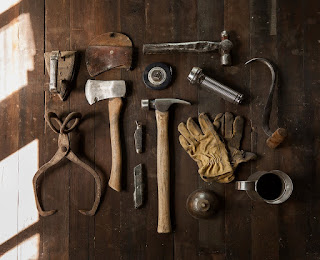Why 'Banged Up' is the wrong kind of tough love
Holding troubled teenagers up for public ridicule might not be the best way to help them
The nation has recently been debating the practice of putting naughty
children in so-called ‘isolation booths’ at school.
Meanwhile, Channel Four has sent a group
of tricky teens on a seven-day trip to a Florida jail.
In the new reality show Banged Up: Teens Behind Bars the group of teenagers
take part in a special programme that gives young people a taste of life in a
stinking US penitentiary.
The aim is that the treatment should – without tackling
any of the deeper issues they face – put them on the straight and narrow.
Now, I’m not against the idea of a bit of tough love: the
lieutenant in charge of the young people is clearly a class act, veering from shouty drill master to
gentle mentor as the situation requires. The young
people on the visit could benefit from someone like him in their lives at all
times.
The way he coaxed teenager Hugh through his
doubts about continuing the show was artful. If he pushed through now, when he
next came up against something tricky, he would be able to push through that as
well.
I'm currently rehearsing the same speech to use on my own son who has a tendency to give up rather than risk failure.
However, despite these moments, watching the show leaves you
with a terrifying sense that these are vulnerable young people whose failings
are being horrendously exploited for entertainment value.
In an era where we are earnestly discussing the suicide of
Love Island contestants, it is quite alarming that this show was allowed to go
ahead.
One girl with a drink problem had been abandoned by her
alcoholic mother. Another East London boy with what might colloquially be called 'an attitude problem' clearly had issues that needed working through with a professional.
The most disturbing thing was reading through the tweets
after the show, under its official hashtag #bangedup.
The participants were mocked for their accents, the mother
of a well-off kid was criticised for spoiling her child, and a black kid was
labelled a “lost cause”.
If this is the general population’s attitude to people
with problems, it’s no wonder society is in such a mess.
Tweeters were also happy to make endless jokes about these
kids being anally raped by other prisoners.
Let’s just take a moment to think about that: people laughing, in public, about young people being anally raped.
Now imagine this for a minute: you are a mum, reading tweets
from people laughing about your son being anally raped.
It may be a fascinating show: to see how America treats its
inmates was an eye-opener.
And it’s great that these young people have
people in their lives who care about them enough to want to help them.
But I fear being exposed to reality-TV ridicule is not the
best way.









Comments
Post a Comment